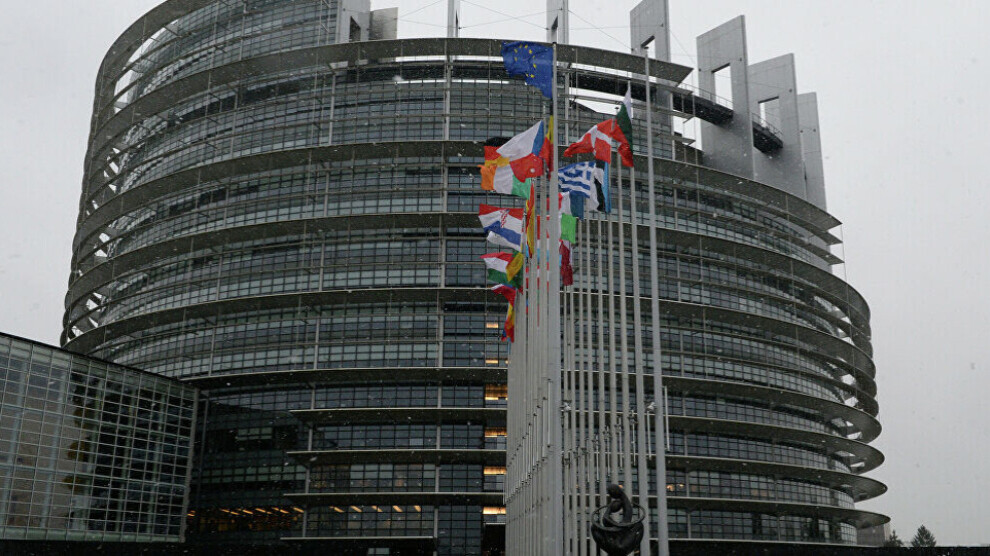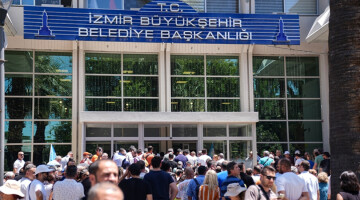The Bureau of the Kurdish Friendship Group in the European Parliament released a statement on the latest developments in the Yazidi town of Shengal (Sinjar) in southern Kurdistan, northern Iraq.
Tensions have been continuing after the agreement signed by the governments of Baghdad and Hewlêr (Erbil) which provides for the dissolution of the security forces established in Shengal after the genocide of 3 August 2014 carried out by the Islamic State. The Iraqi government in Baghdad set 1 April as a deadline for the withdrawal of local defense units.
The letter signed by François Alfonsi (Greens/EFA), Andreas Schieder (S&D) and Nikolaj Villumsen (GUE/NGL) is addressed to the Iraqi Ambassador Mr. Sadiq Alrikabi in Brussels and the European Union, Mrs. Sara Skyttedal, Chair of the Delegation for Relations with Iraq in the EP and the members of the Delegation, and Mr. Mick Wallace, Rapporteur for Iraq in the European Parliament.
The letter reads as follows:
It is with great worry that we observe the current developments in the Sinjar (Shingal) region of Iraq. The looming conflict between the Iraqi government and the Yazidi people threatens the stability of the region as well as the wellbeing of the local population.
The Yazidi people have their own cultural, religious, and historical heritage. The genocide against these people in 2014 was the last of 74 attempts to obliterate the Yazidi people, according to Yazidi history. Following this tragic event, the urgent need for a safe haven for the Yazidi people has become evident. Self- governance structures were established in their region by Yazidis. These structures are (among others) the Democratic Self-Administration Council of Shingal (MXDS), the Ezidxan Asayîş and the Shingal Resistance Units (YBŞ) and Shingal Women’s Units (YJŞ).
The demands by the Iraqi government to dissolve Yazidi governance structures contradict our understanding of plurality, democracy, and de-escalation. They are based on an agreement between the Iraqi Government and the Kurdistan Regional Government (KRG), the so-called “9 October Agreement”. The Kurdistan Democratic Party (KDP), which bears a great amount of responsibility for enabling the events of 2014, is not recognized by the Yazidi population as their representative, and the Yazidi population was not included in these negotiations. The Iraqi government demonstrates that it prefers to exert centralized control over the Yazidi people rather than to incorporate and formalize their existing autonomy into the Republic of Iraq. The Republic of Iraq is a federally organized state. As such, its constitution offers the possibility to establish regional autonomy for the Yazidi People, similar to that in the Kurdish Region of Iraq. Alternatively, the Sinjar region could be transformed into a governorate of its own. These possibilities should be looked into.
As parliamentarians of the European Parliament we:
- warn of a possible intra-Iraqi confrontation that threatens the wellbeing of the population.
- demand the acknowledgment of the, above-mentioned, existing Yazidi governance structures by the Iraqi government.
- support the reconstruction of the Sinjar region, if necessary, with EU funding.
- advise that the 9 October agreement be re-negotiated with the inclusion of the MXDS, to look into the establishment of Yazidi autonomy within the framework of a federal Iraq.
- are ready to play our part in helping to find a peaceful resolution to these tensions.














